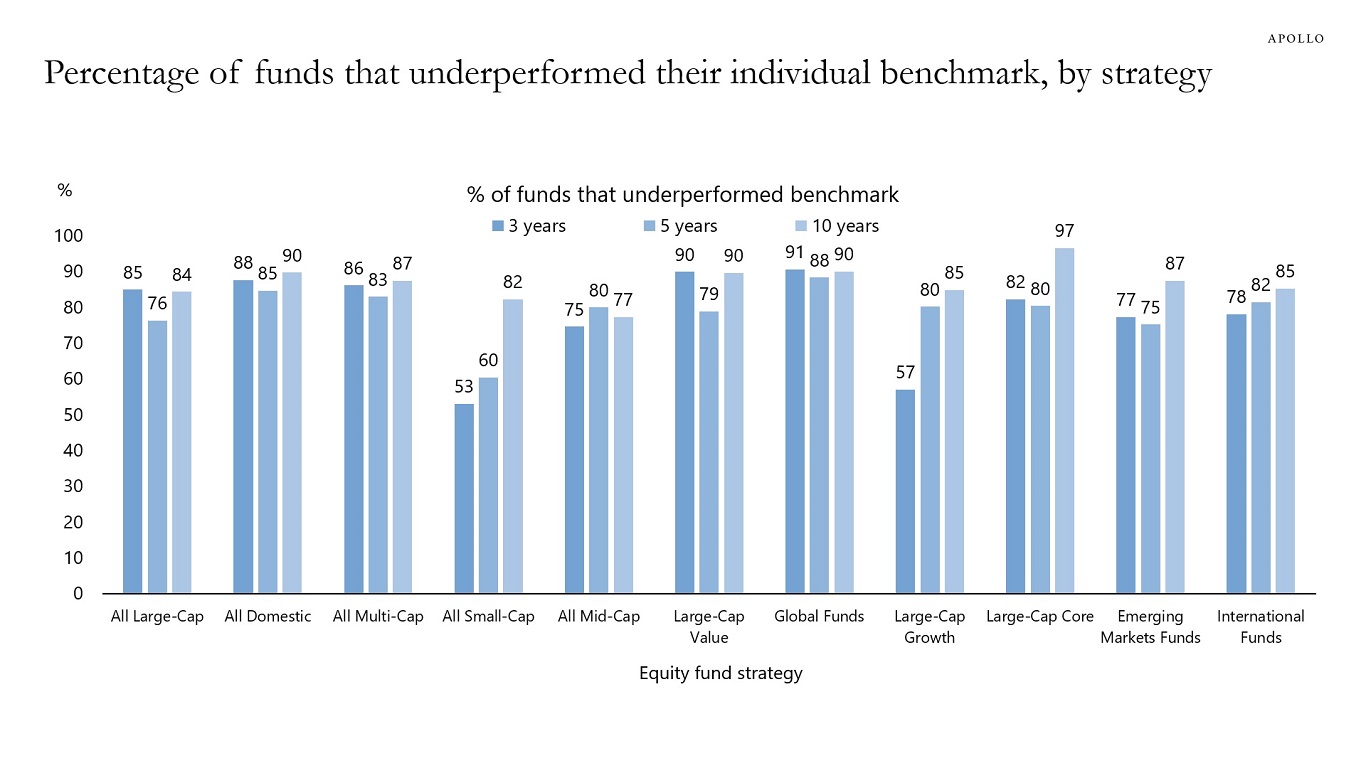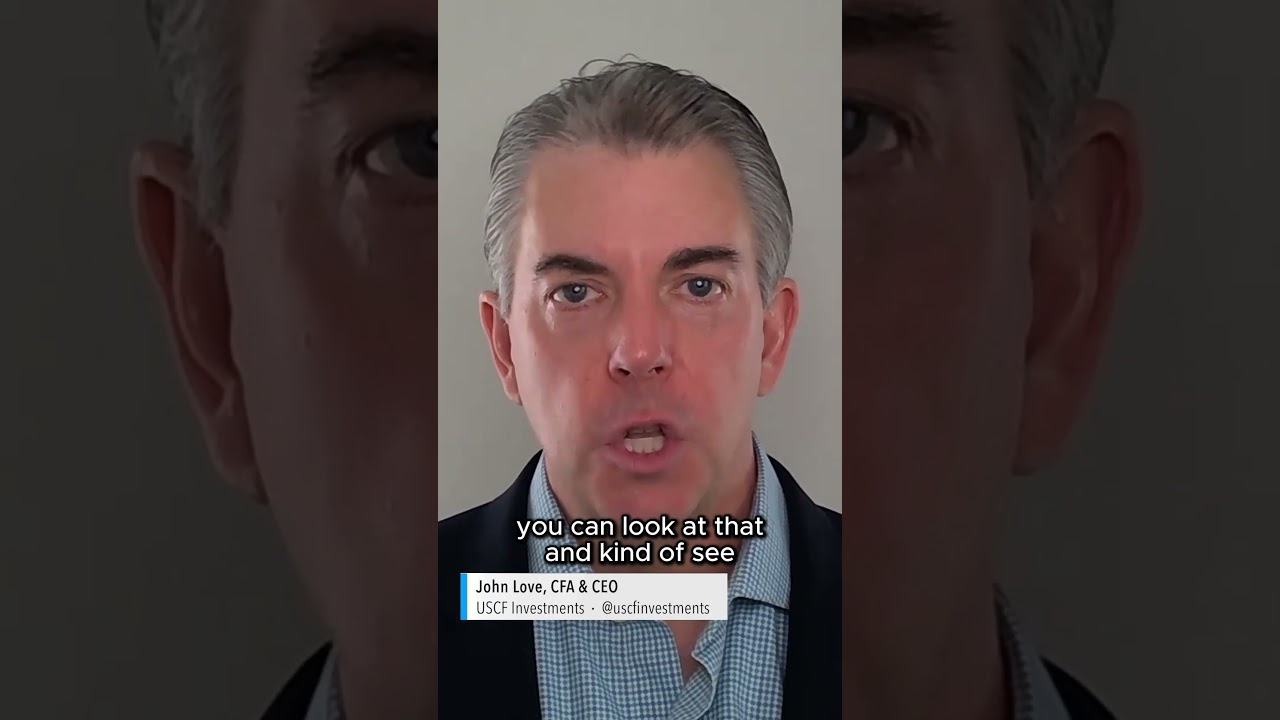Should Social Security Be Tax-Free? The Debate Over H.R. 904
With so much uncertainty surrounding Social Security and its solvency over the next 10 years, there is ongoing discussion about what, if any, steps should be taken. Short of a quick, bipartisan resolution that addresses all underlying issues, another question that has come up is whether Social Security benefits should be taxed at all. Known […] The post Should Social Security Be Tax-Free? The Debate Over H.R. 904 appeared first on 24/7 Wall St..

With so much uncertainty surrounding Social Security and its solvency over the next 10 years, there is ongoing discussion about what, if any, steps should be taken. Short of a quick, bipartisan resolution that addresses all underlying issues, another question that has come up is whether Social Security benefits should be taxed at all.
The current Social Security program is set up so that most people who benefit from it pay taxes.
A bill has been introduced to the House of Representatives to eliminate all federal taxes on Social Security income.
The President has signaled support for this issue, which means it could receive a full House vote.
Are you ahead, or behind on retirement? SmartAsset’s free tool can match you with a financial advisor in minutes to help you answer that today. Each advisor has been carefully vetted, and must act in your best interests. Don’t waste another minute; get started by clicking here.(Sponsor)
Key Points
Known as H.R. 904, this bill was first introduced on January 31, 2025, shortly after President Trump took office for his second term. This bill, if approved in its current form, would effectively exempt Social Security from federal taxation. This measure, many politicians argue, would put more money in the pockets of their constituents.
How Does Social Security Tax Work Now?
As it stands today, there are two separate considerations related to Social Security and taxes. The first one is something that this bill does not directly address, and that is that both employers and employees pay a Social Security tax rate of 6.2% each.
This means that out of every employee compensation opportunity, the employee is paying 6.2% of their check toward the Social Security program, while the employer is covering another 6.2%, for a total of 12.4%. It’s this money, or revenue, that directly funds the Social Security trust, which provides funds for the approximately 70 million people currently receiving benefits from the Social Security Administration.
However, what this bill does address is the federal income taxes Americans pay on their Social Security benefits once they start receiving them, typically around age 62. To this point, if the income of the beneficiary with Social Security exceeds $25,000 per person or $32,000 if married and filing jointly, Social Security earnings are taxed at whatever tax bracket you are in with all of your combined income.
Where things get interesting is when you are single with a combined income from all of your income sources of over $34,000 or married with a combined income over $44,000, you are paying income tax on 85% of your Social Security earnings. This means that if you received $10,000 in Social Security in 2024, you would have paid taxes on $8,500.
As of right now, Social Security benefits are tax-free if you are earning below $25,000 as an individual or $32,000 for joint filers. This bill, H.R. 904, would extend this tax-free benefit to all Social Security earnings, regardless of how much.
What Is H.R. 904?
Co-sponsored by Kentucky Republican Thomas Massie and New Jersey Republican Jefferson Van Drew, the goal of the bill is “To amend the Internal Revenue Code of 1986 to repeal the inclusion in gross income of Social Security benefits.” In other words, there would be no tax on Social Security benefits, but, as this bill is still in the early stages of congressional debate, it has a long way to go before it could become a reality.
President Trump campaigned on the idea that senior citizens should not pay taxes on Social Security, so there is potentially support from the administration on this bill. The president has also reiterated his support for introducing tax relief on Social Security multiple times, so this bodes well for the bill, as the administration could lean on other members of the Republican party to help swing more votes in its favor to come out of committee and receive a full floor vote.
What Are the Impacts of Eliminating Social Security Taxes?
Among the potential impacts of the bill are some positive aspects, including increased benefit amounts for those receiving Social Security payments each month. This would increase the net benefit amount, providing these individuals with slightly more money to count on each month.
However, if approved, this bill would have a net negative impact on the overall U.S. treasury, as it would eliminate a significant source of income. This could also lead to the depletion of Social Security funds, as the US would have less money to allocate for its annual budget, potentially resulting in future benefit cuts.
Additionally, this bill wouldn’t impact those earning under $25,000 or $32,000 in Social Security, so it would primarily benefit higher-income earners. This isn’t a strong political position, as it could look as if it’s another chance at just helping the well-to-do who don’t necessarily need the tax break.
According to current economists, if Social Security taxes were to be cut, it could accelerate the current 2035 timetable for Social Security benefits to start running out by as many as three years. This means that in 2032, tens of millions of Social Security recipients, many of whom rely on this money to get by, could see their benefit amounts start to decrease.
Should Social Security Be Tax-Free?
This is a highly contentious issue, as there are arguments both for and against making Social Security tax-free. On the one hand, you have the idea that beneficiaries would have more money to spend, which would be beneficial during periods of higher inflation, as well as adding a little more to their financial cushion.
On the other hand, the potential revenue loss for the government would be in the tens of billions, if not hundreds of billions, which means that other programs, not just Social Security, would be adversely affected.
It goes without saying that something that is a great idea on paper isn’t always the best idea in practice. Instead, it would be better to consider a compromise, such as raising the income ceiling that allows earners to contribute more to Social Security while working to offset the loss of revenue from making Social Security tax-free. Any compromise of this nature might give both Democrats and Republicans more opportunities to bring this resolution to reality.
The post Should Social Security Be Tax-Free? The Debate Over H.R. 904 appeared first on 24/7 Wall St..
















































































































































































